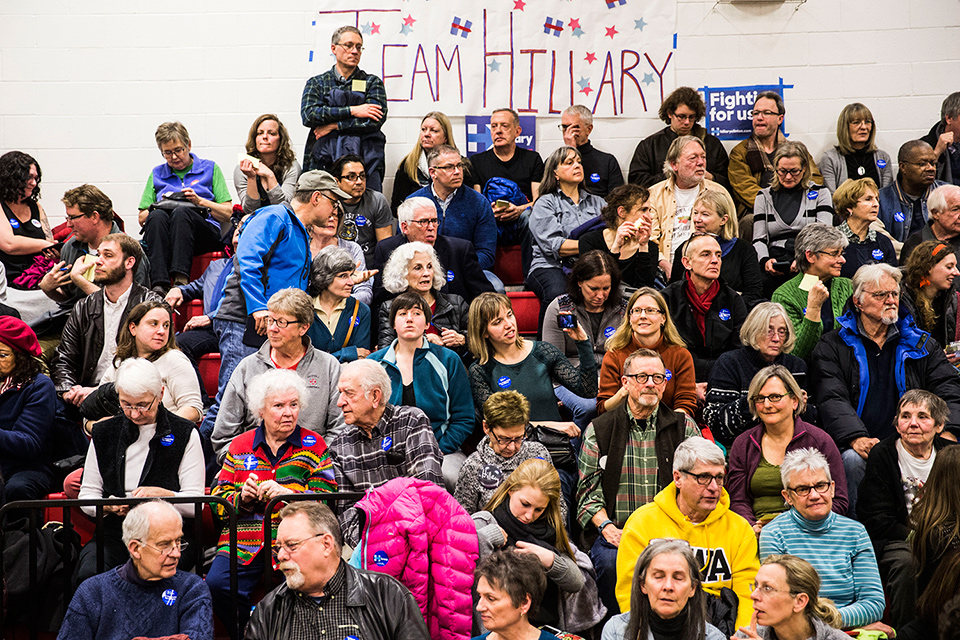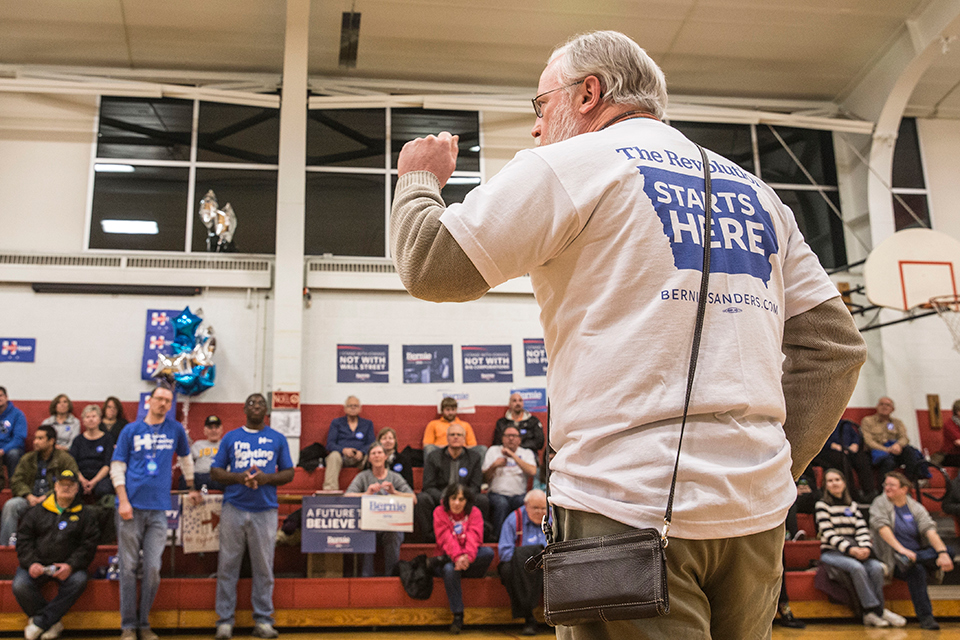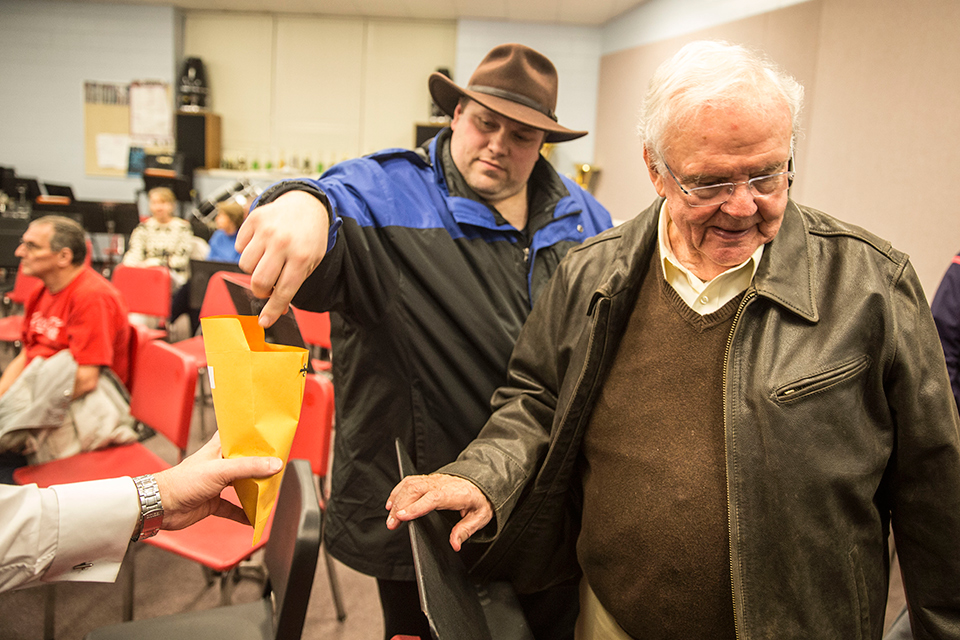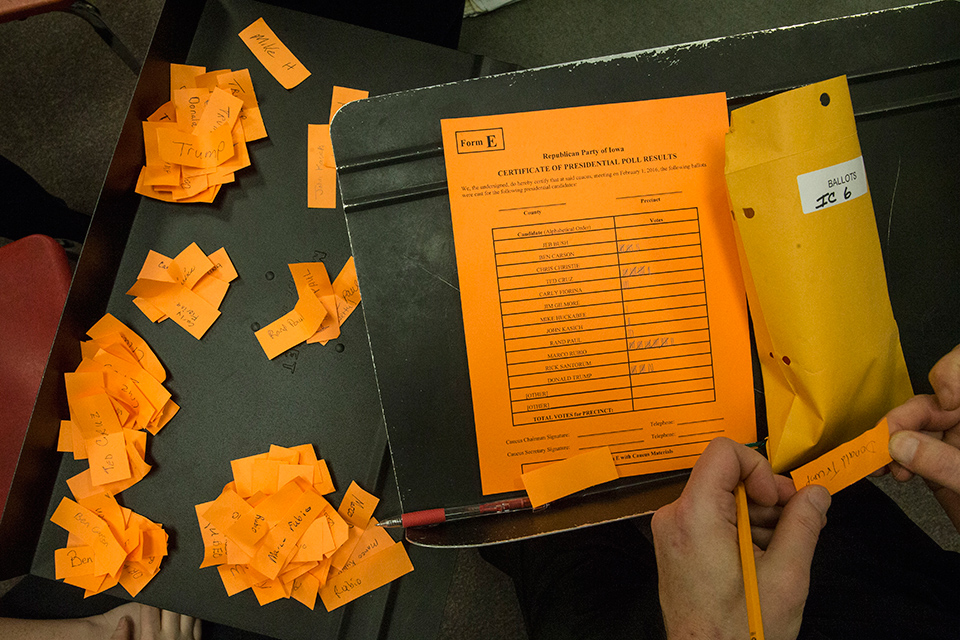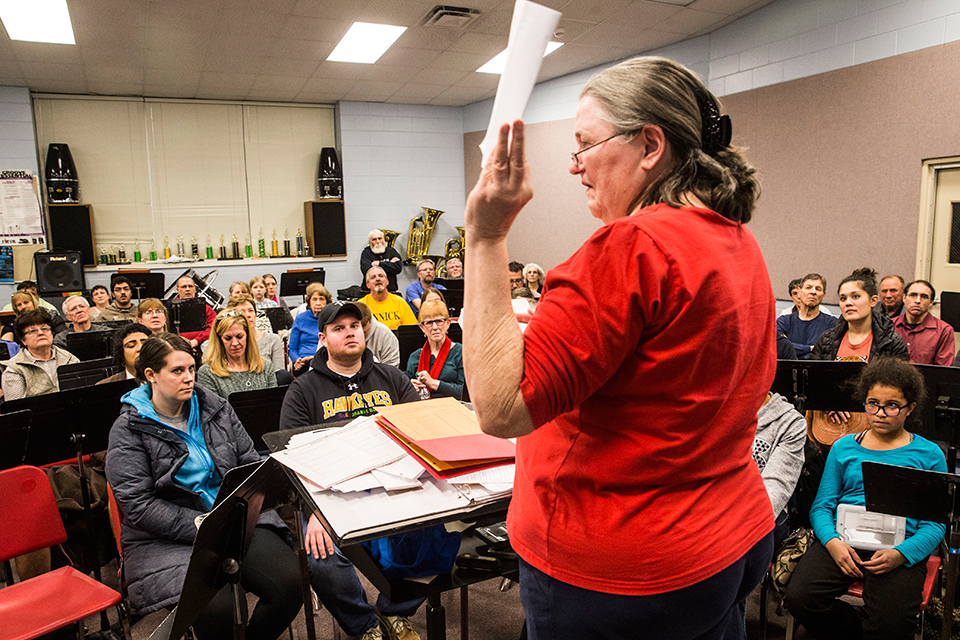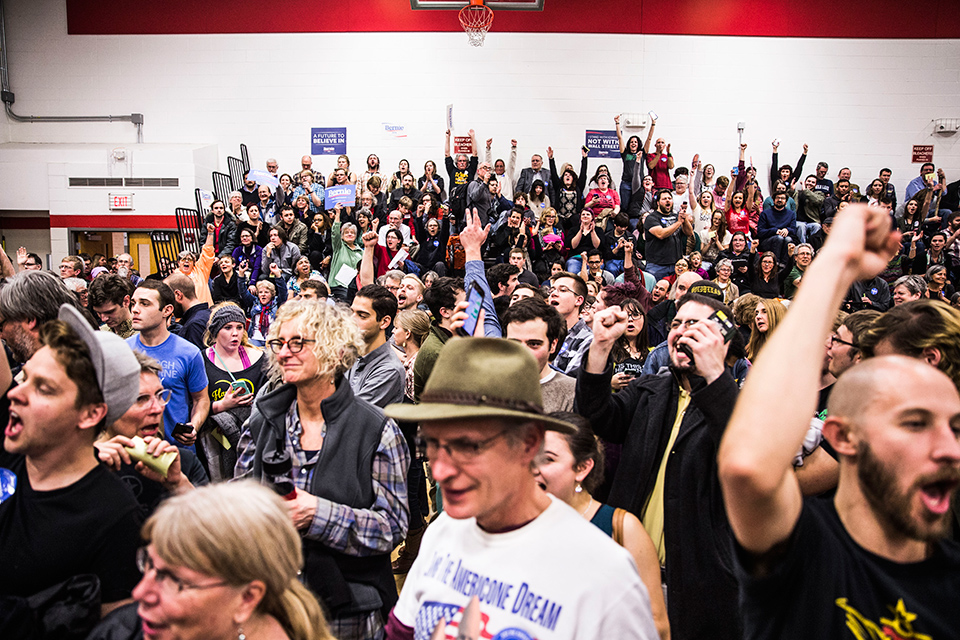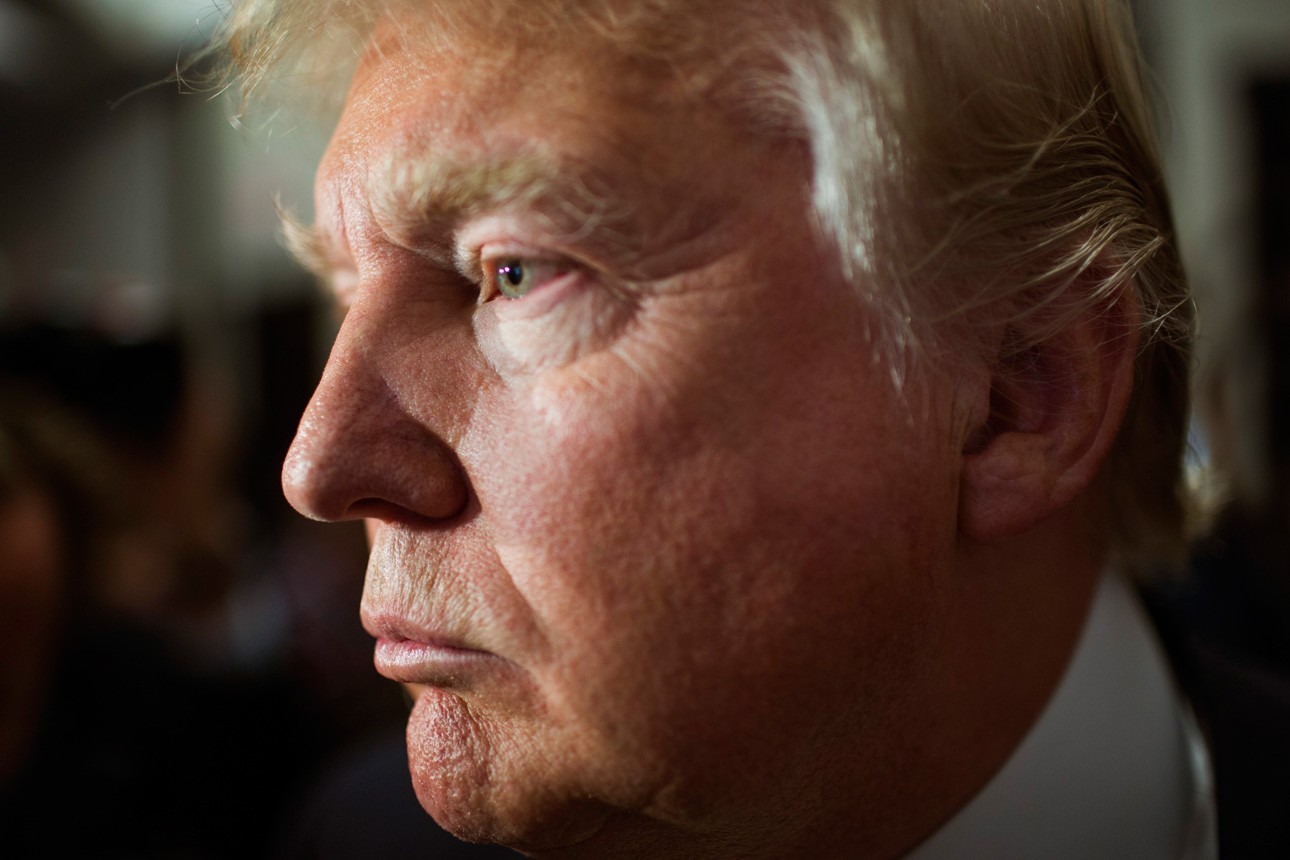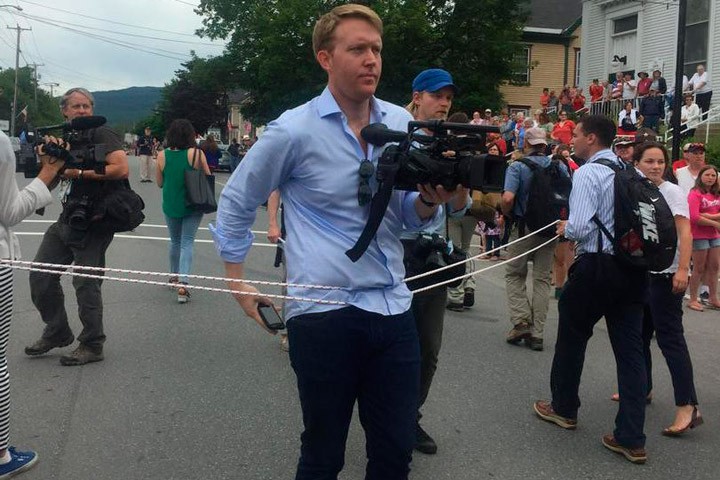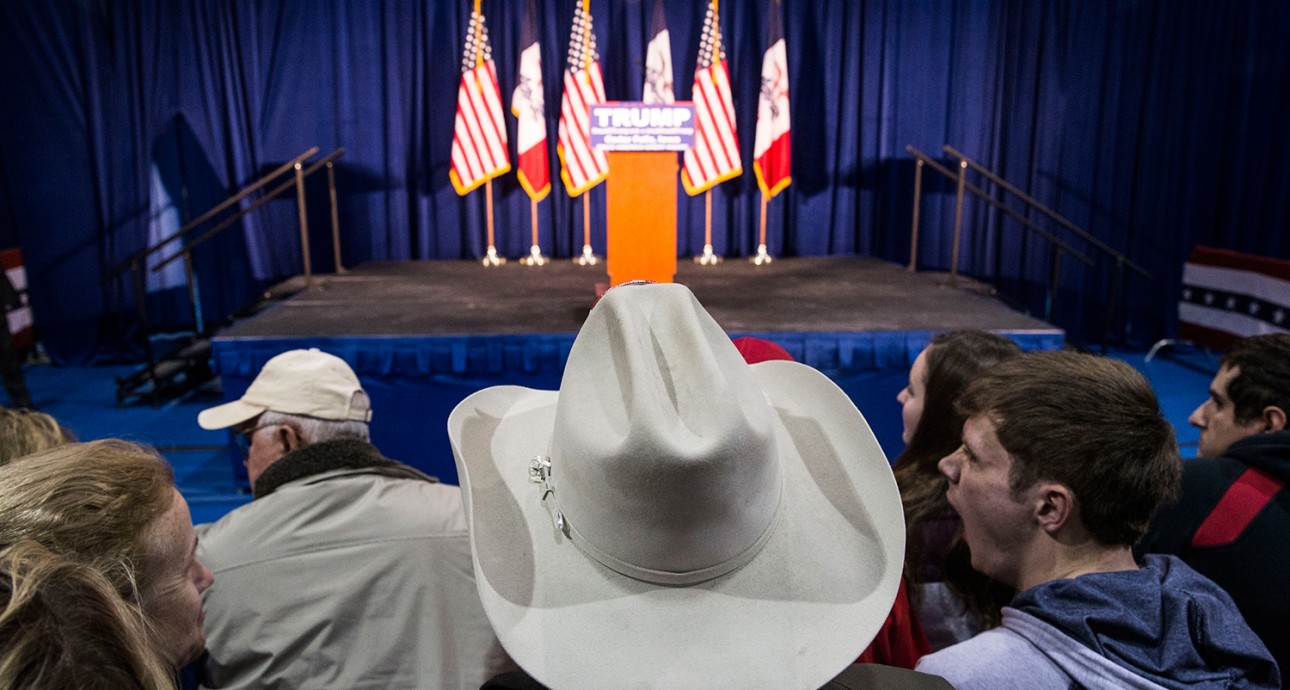
Trump Lost: How the Presidential Elections Started in America
There are two major parties in America: the Democrats and the Republicans. The former have progressive social views and leftist economic views, the latter are conservatives and libertarians. This means, for instance, that the Democrats are for progressive tax scale and harsher checks for gun owners, and the Republicans are for simplifying regulations for business and against abortion.
In many ways this stage is more interesting than the general election. During the general election, the choice will be between the two extremes, and now the Americans who are most involved in politics are choosing between many nuances within those extremes. And by the way, only about 12% of the population of the state participated in the caucuses in Iowa.
Caucuses are party meetings. In some American states, this is the way to choose whom to nominate as the party’s candidate for the presidential election, which will be held in November (in other states the choice is made with the help of primaries, which means through regular voting). Iowa is the first state to vote. The representation of every state at a party meeting (in the summer) is proportionate to its population — in this sense, a population of 3 million in Iowa decides nothing. However, it has been the first to vote for the past 40 years, which is why the division between favorites and losers was first made there.
What makes caucuses different is that one of the voters at every polling station can take the floor before the voting and speak in support of any of the candidates, to try to persuade others to vote for them, too.
After that, the Republicans write the names of the candidates on pieces of paper, and the Democrats go to different parts of the room and do a head count. Next, they persuade those who voted for the candidate who got less than 15% support to join them.
The Democrats have two people running after Iowa. They had three, but Martin O’Malley (former Mayor of Baltimore, and one prototype for the character Tommy Carcetti from the must-watch show The Wire) scored only 0.5% votes and withdrew. He was unlucky to be part of the race, which is as intense as Barack Obama’s campaign against Hillary Clinton was in 2008.
Just like the previous time, the ex-President’s wife is opposed by a left and anti-establishment candidate, only this time he is even more left and anti-establishment.
Bernie Sanders says he is a democratic socialist and is for universal health insurance, making the minimum wage equal to the subsistence minimum, taxing big banks, and making college education free…
His logic goes like this: after the crisis of 2008, American people saved the big banks of Wall Street with the budget money, although the banks’ speculations with mortgage loans caused the problems in the first place; the banks have gotten bigger since, and now it is their turn to provide Americans with education and health insurance. Eight years ago he was elected as a senator for Vermont — as an independent candidate, beating the candidates from both parties, for the first time in 40 years.
Sanders is an amazing speaker, and he is popular with the more passionate part of the population — first of all, with students. He received 84% of votes in the age category between 17 and 29. The biggest rally in the almost two hundred that he did in Iowa was in Iowa City, which has a population of 70,000. There was a two-hour and 600-meter-long queue, the room was packed with 3,700 people — the police wouldn’t let more people in, as there was no more space. That very night the students had a caucus-themed party in an underground club — they drank alcohol, smoked weed and made out, and the conversations started with the question: “Are you caucusing?”.
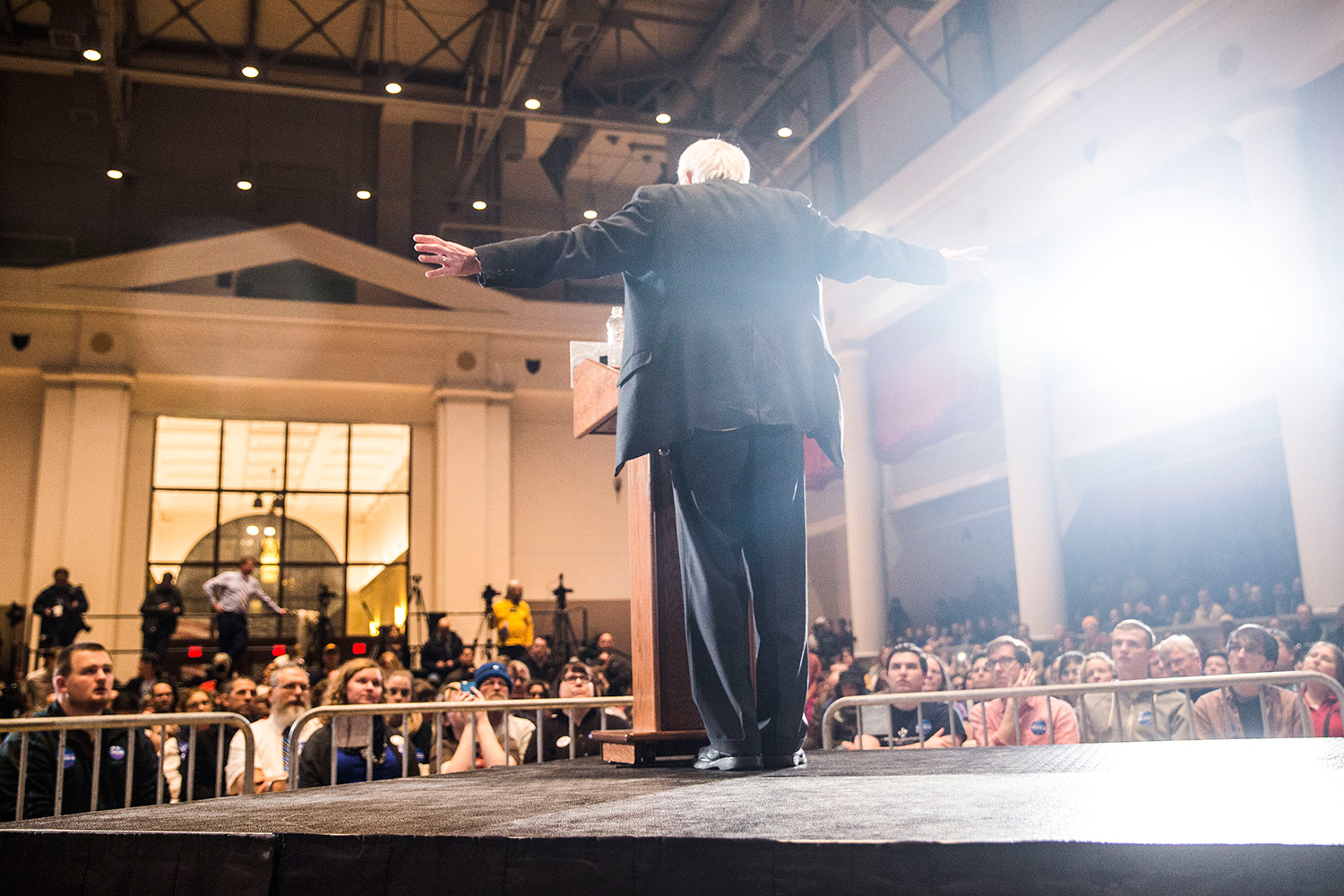
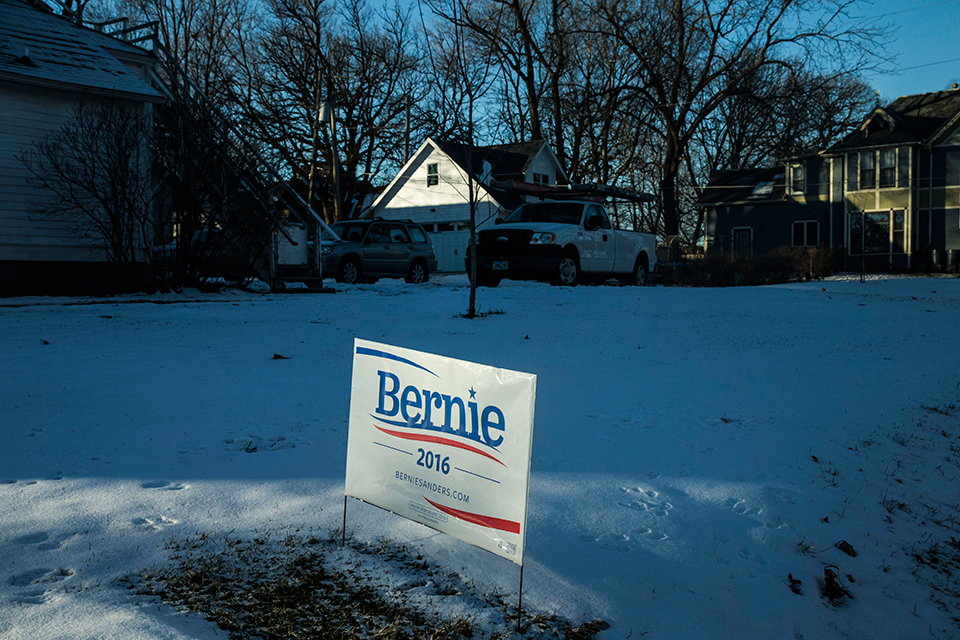

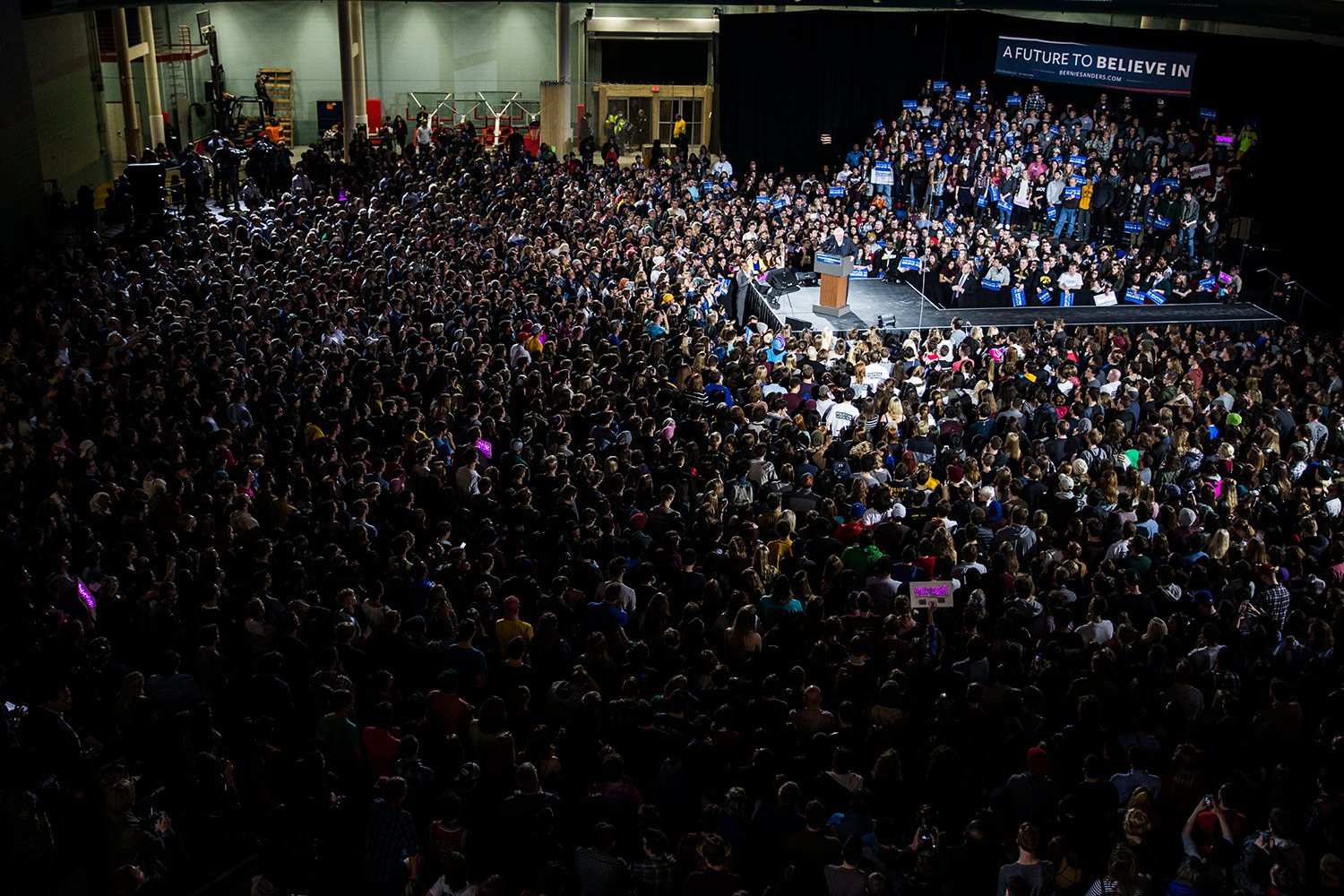
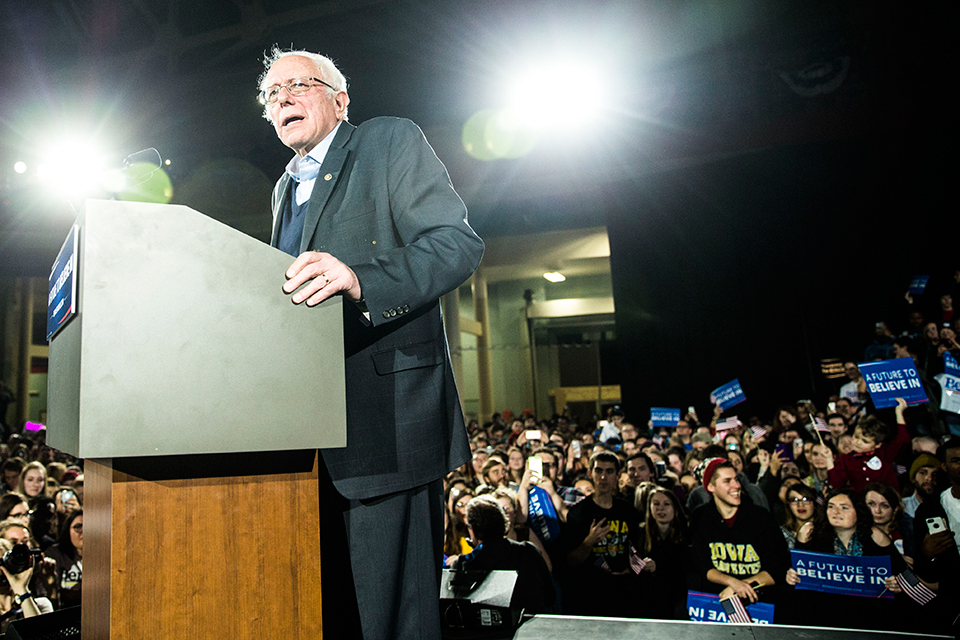
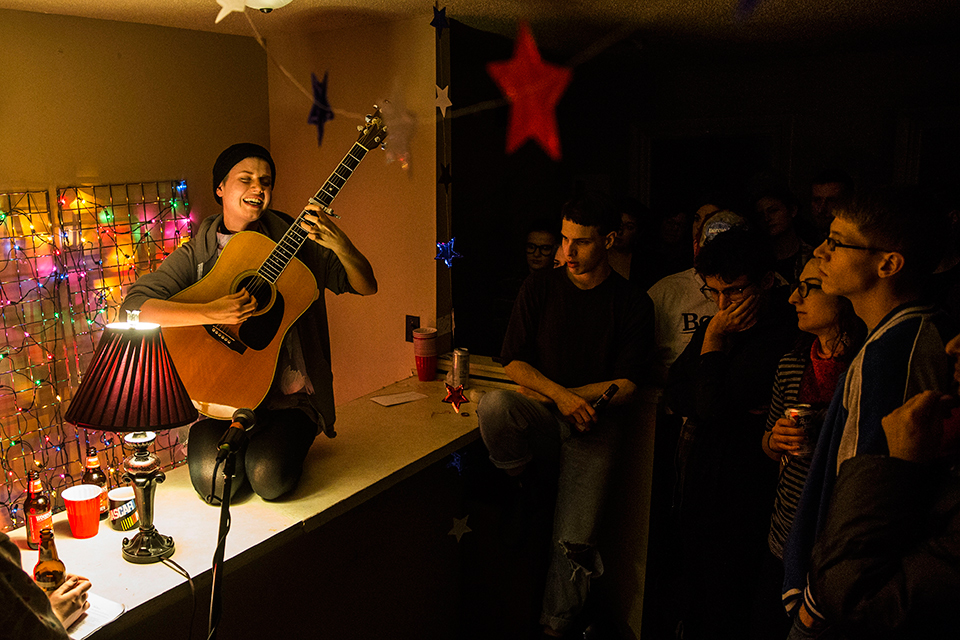
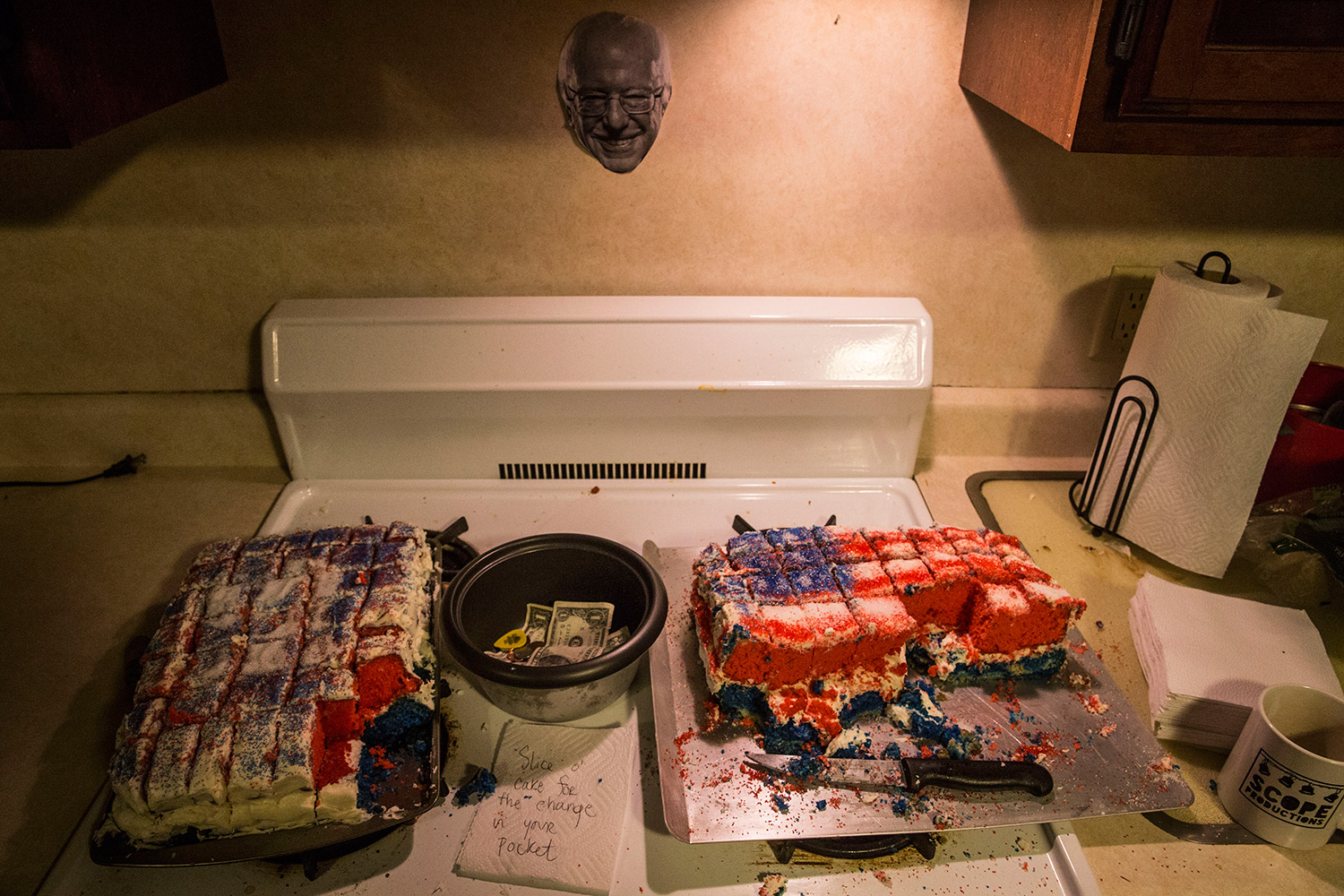
It is important to understand that pre-election rallies in America and pre-election rallies in Russia or Ukraine are different. Almost all rallies in America, especially now in winter, are indoors. That’s why you need a free ticket to enter, and there is always a shortage of tickets for the rallies of leading candidates.
What is more, these rallies are directed perfectly — in terms of script, organization, and decorations.
This is Hillary Clinton’s second time running for President. She has a rather left program, and is also threatening Wall Street, but her version is closer to Obama in 2008. Hillary, in general, constantly appeals to the experience of the current President and promises to continue what he started. Moreover, as her campaign constantly underlines, that it is Hillary for whom it will be easier to win over the Republican candidate, and later, easier to implement her program in the White House.
In the first round, the advantage was with Hillary. She won the caucuses in Iowa by 0.3%, namely by 4 candidates out of 1,400, and at six polling stations the winner was determined by throwing a coin (Clinton won all six). I have seen how Sanders supporters lacked 15 people out of 600 to get one more delegate.
Sanders will probably win in the next small state, New Hampshire. According to the poll, he has almost a double-digit advantage, and his success in Iowa should add drive his campaign forward. However, later on, the votes of the minorities will have more weight, and Clinton is more popular among them. Later on there will be states where the winner will take it all.
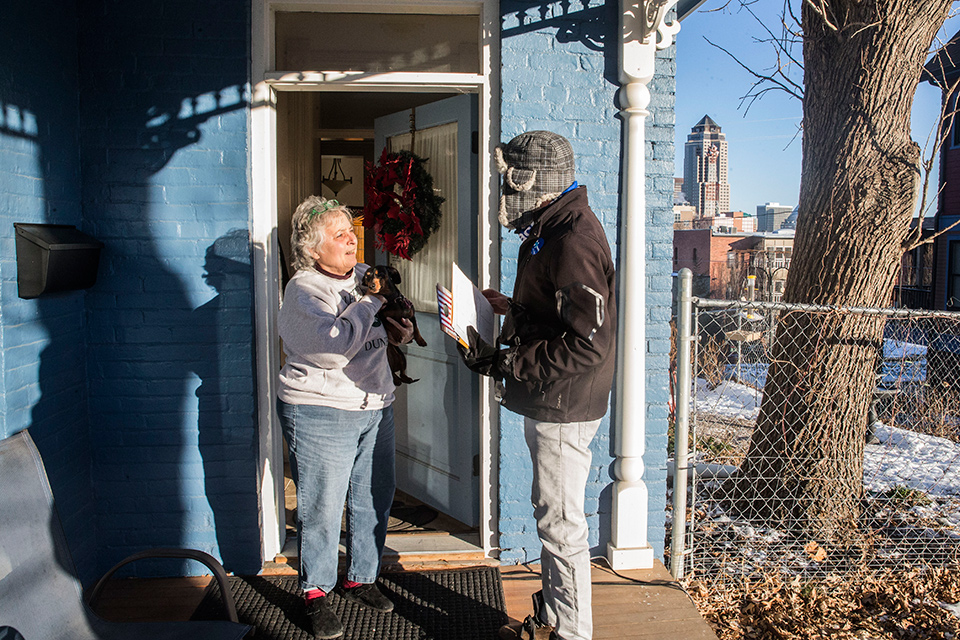
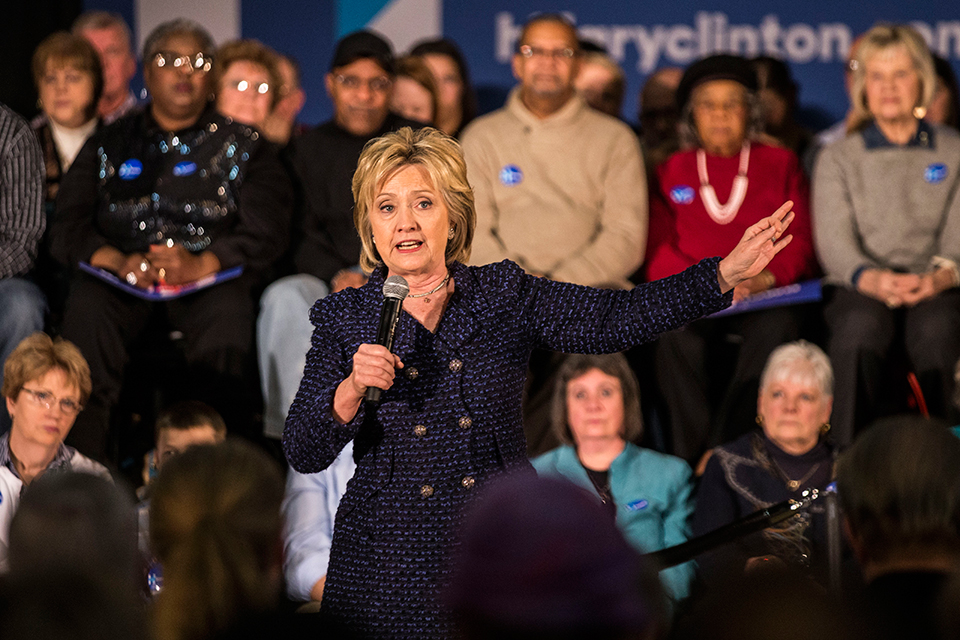
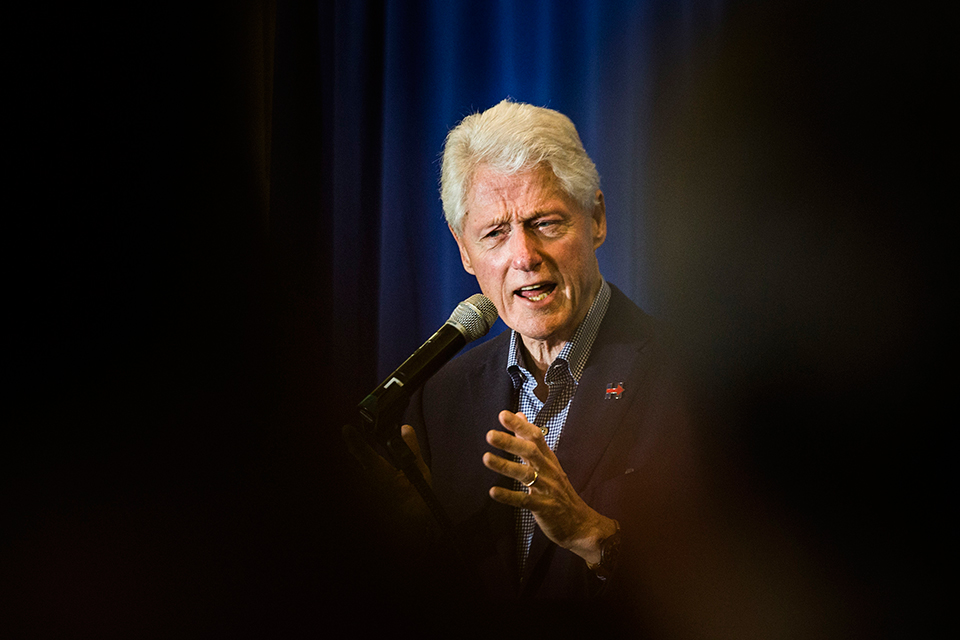
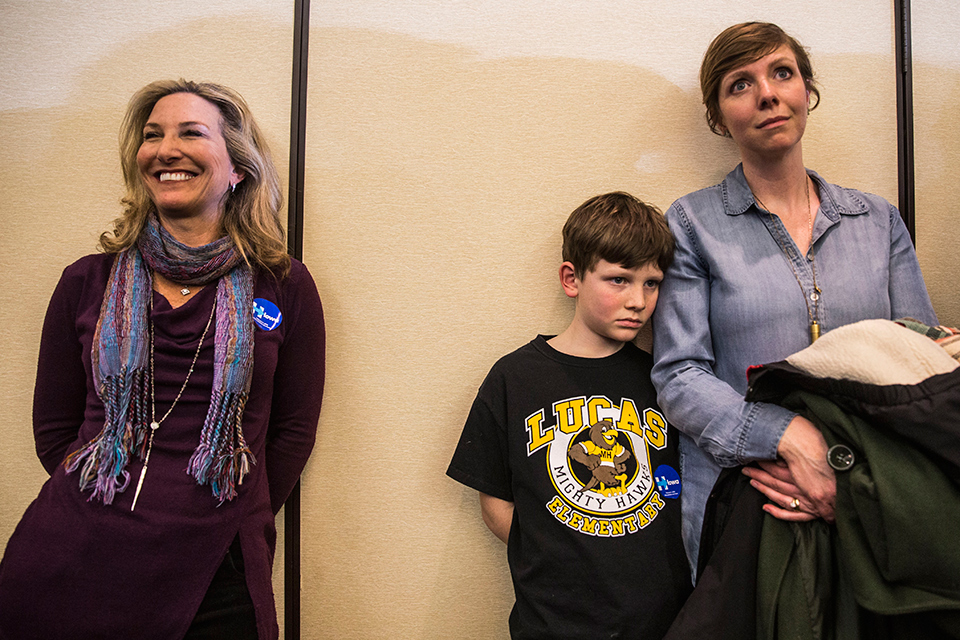
The Republicans have even more drama. According to the polls, Donald Trump is leading the race — both in Iowa and nationwide. The arrogant billionaire, whose campaign is based on the constant denial of political correctness and fueling scandal, declared he will pay for his campaign himself. He has many times underlined how different he is from other politicians — claiming he used to give money to politicians from both parties, in return for favors. In addition, Trump constantly attacks Muslims and suggests building a wall on the border with Mexico.
All of this caused fear among the party elites — it seemed that Trump managed to hit the nerve of the Republican voters and would be nominated, but has no chance in the general election.
Moreover, the party bet on Jeb Bush — a son and a brother of ex-Presidents, a former Florida governor, who started the race as a leader by a wide margin, but was so dull that by the time of the caucuses his results were down to a number equal to statistical error.
And then Trump lost.
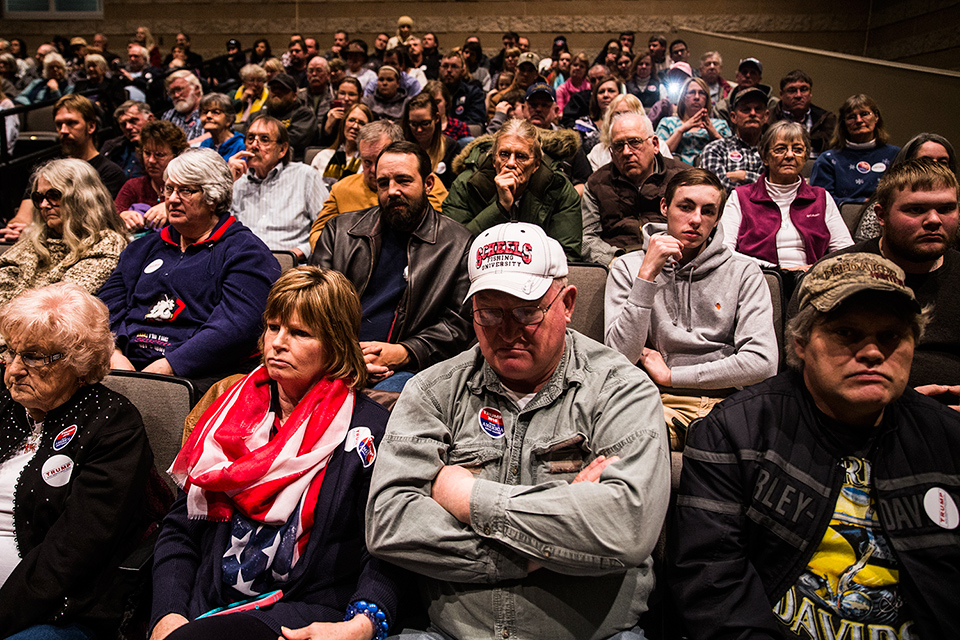

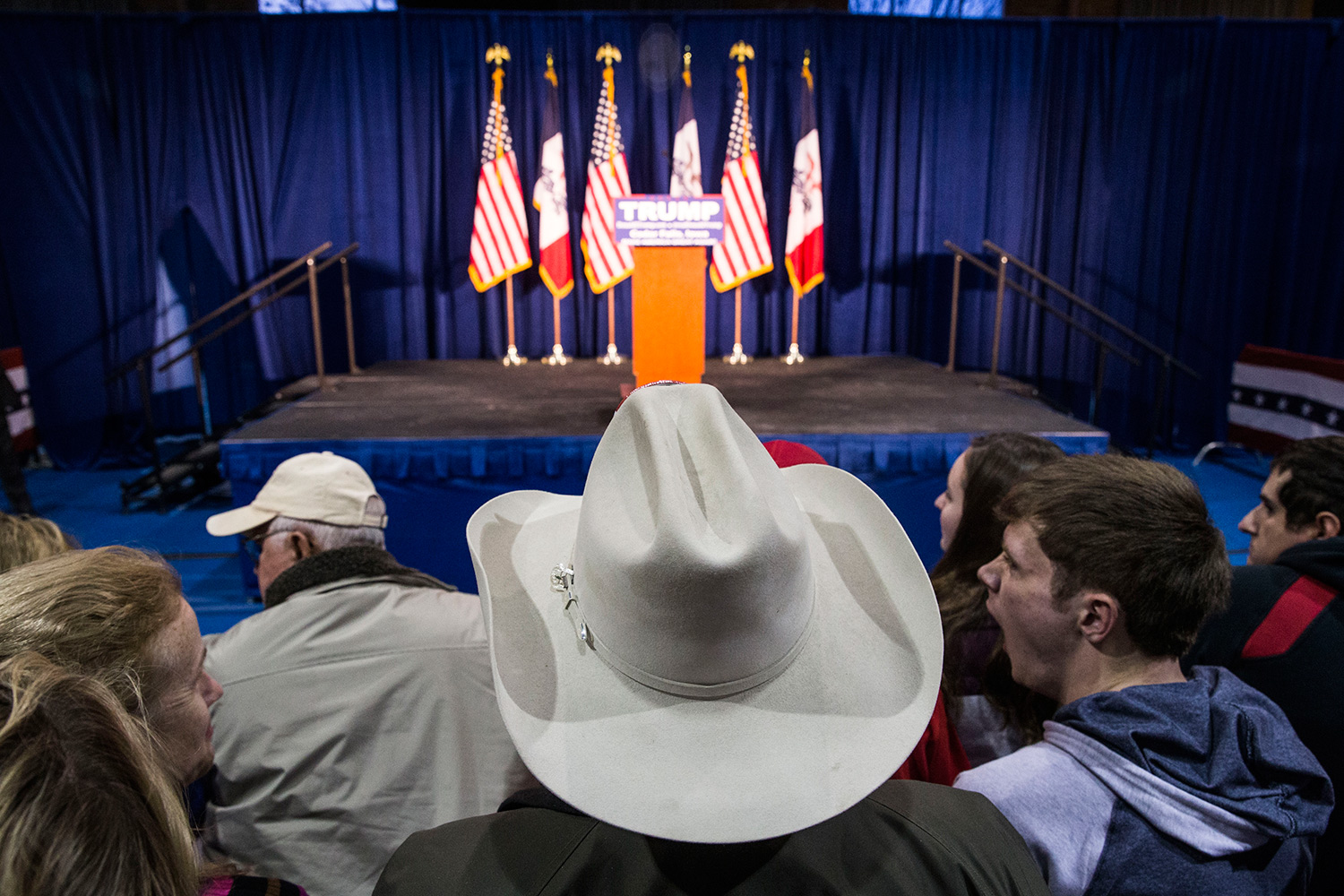
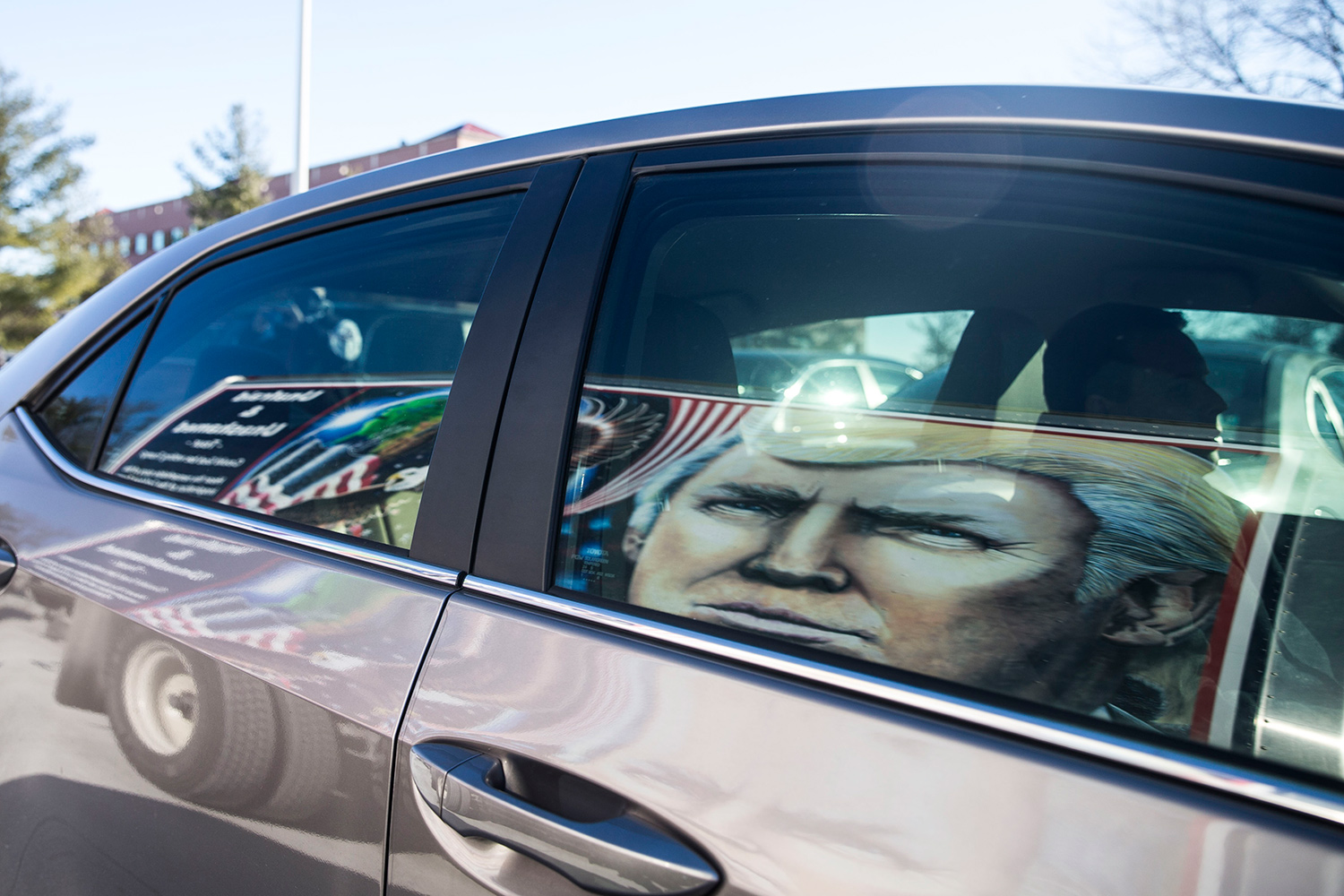
Trump scored less than a quarter of the votes in Iowa, which put him closer to third place than to the first. Third place was taken by Marco Rubio, a descendant of a Cuban migrant, which makes his stance on immigration rather mild for a Republican. He was the only one I couldn’t ‘capture’ at a rally in my two weeks in Iowa.
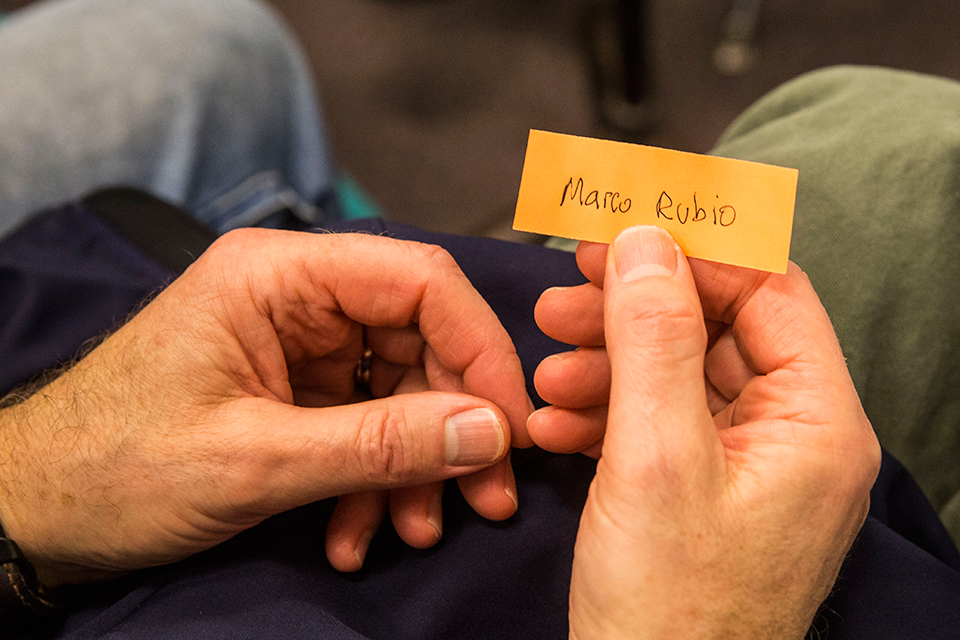
The winner in Iowa was Ted Cruz, who is the best speaker of all the candidates, excluding maybe Bernie Sanders. He also comes from a Cuban family, and at the same time is exceptionally religious — during his rallies gay marriage is blatantly deemed evil. The same as Rubio, but in a bit more intense way, Cruz is building his campaign on stressing the distance between himself and the party with its Washingtonian elites. He suggests limiting the terms in the Senate to two six-year terms — currently some senators stay for as long as 30 or 40 years.
He relies on the evangelists. There are many pastors among the public people who formally support him, but he also has Phil Robertson, a long-bearded participant of the popular TV show Duck Dynasty.
Cruz delivers peculiar speeches, where he interchangeably uses humor and sharp political statements, and the crowd bursts with laughter and amens.
For instance, he tells the story of a Texas farmer, to whom he came to campaign with a ready joke: “Do you know, I am asking, how the inspector is different from an insect? — How? — You can’t use pesticides on the inspector!” “Would you bet on it?” — Cruz quotes the farmer, and the room explodes.
Cruz is now a favorite of the race, which means he will be attacked by other candidates along with Trump. On the other hand, those party bosses, who are deadly afraid that Trump will get a nomination, will bring money to him and Marco Rubio, and publicly confirm their support.
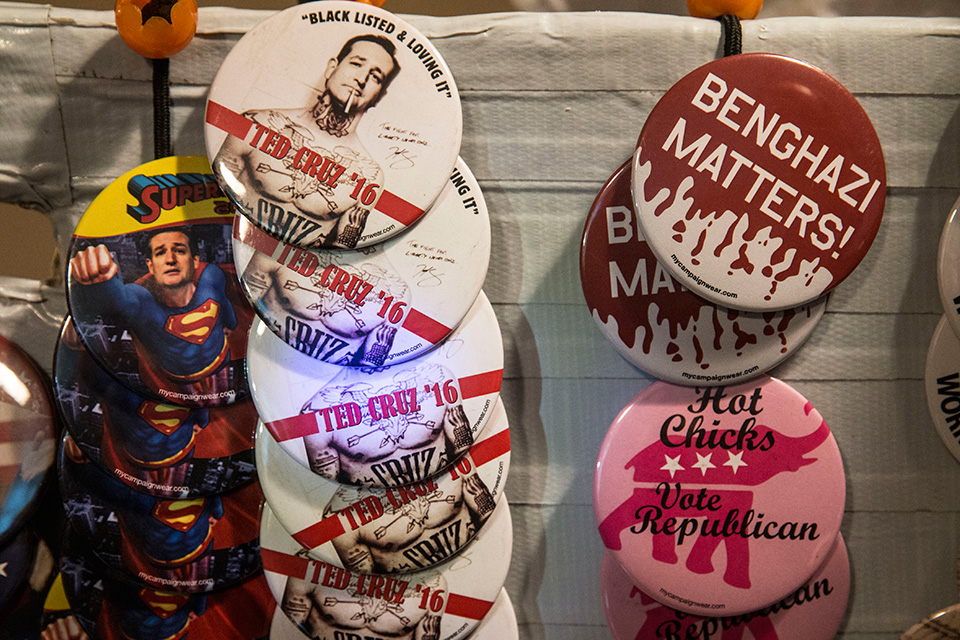
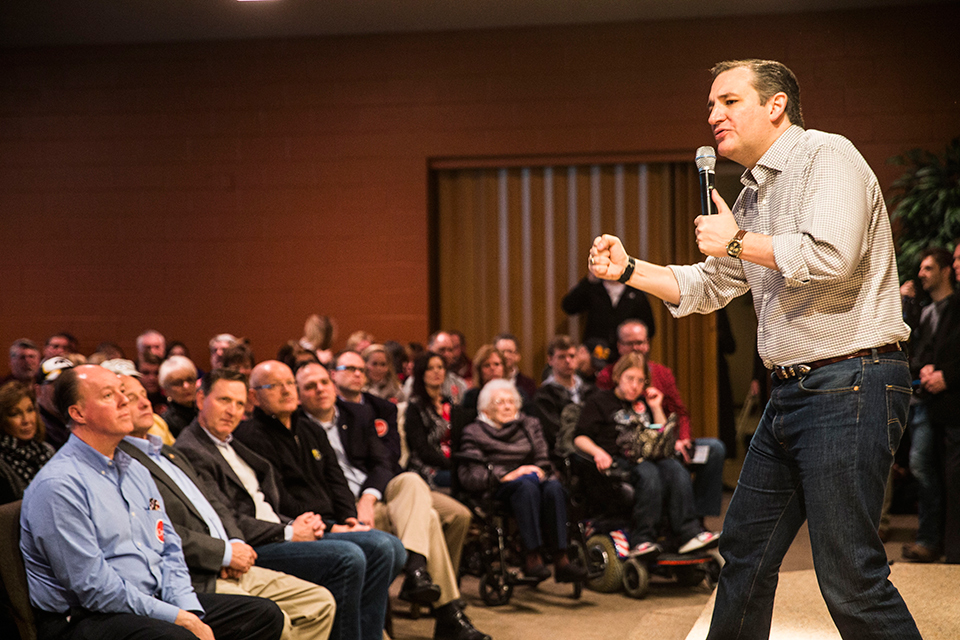
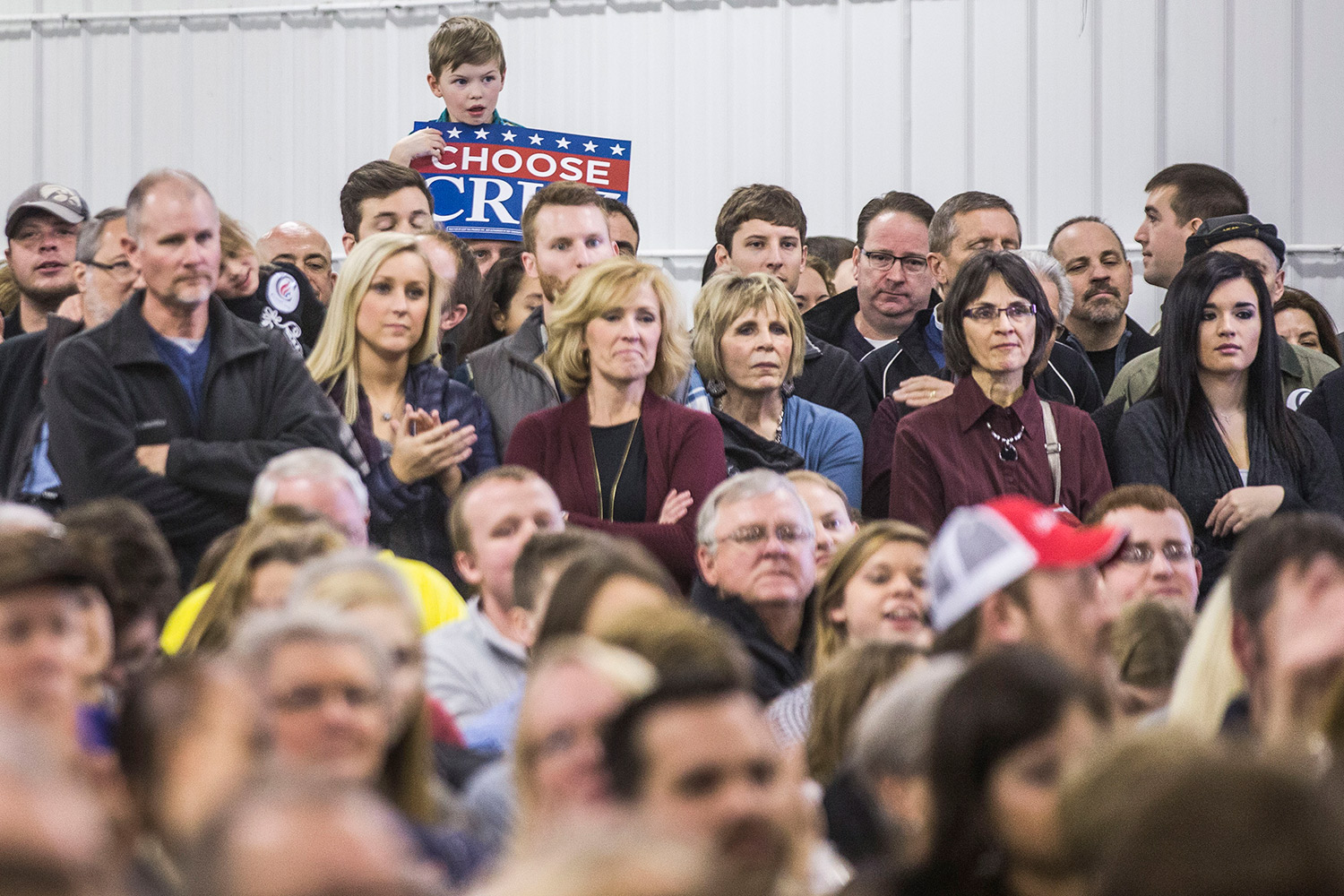
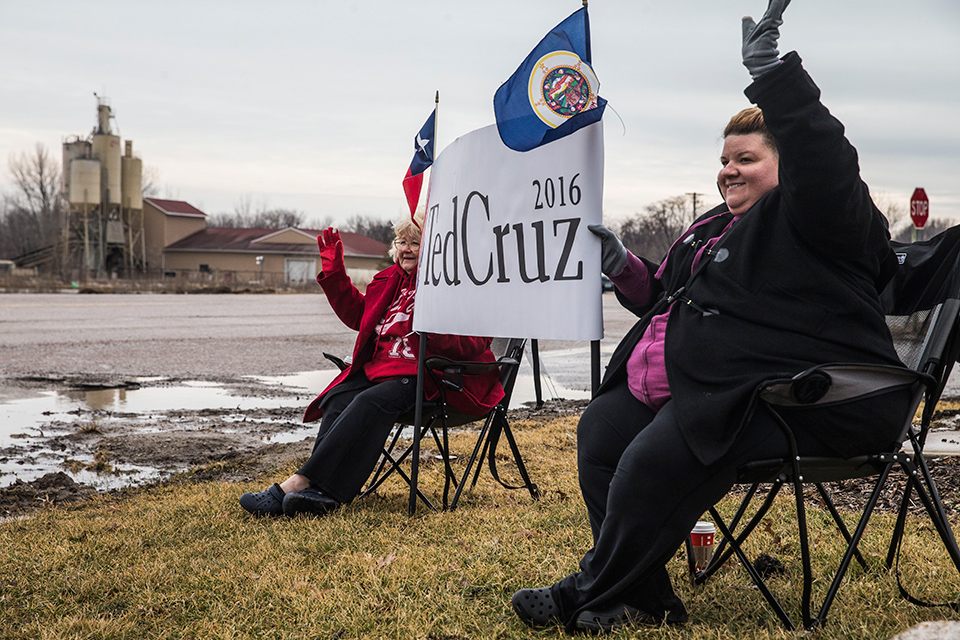
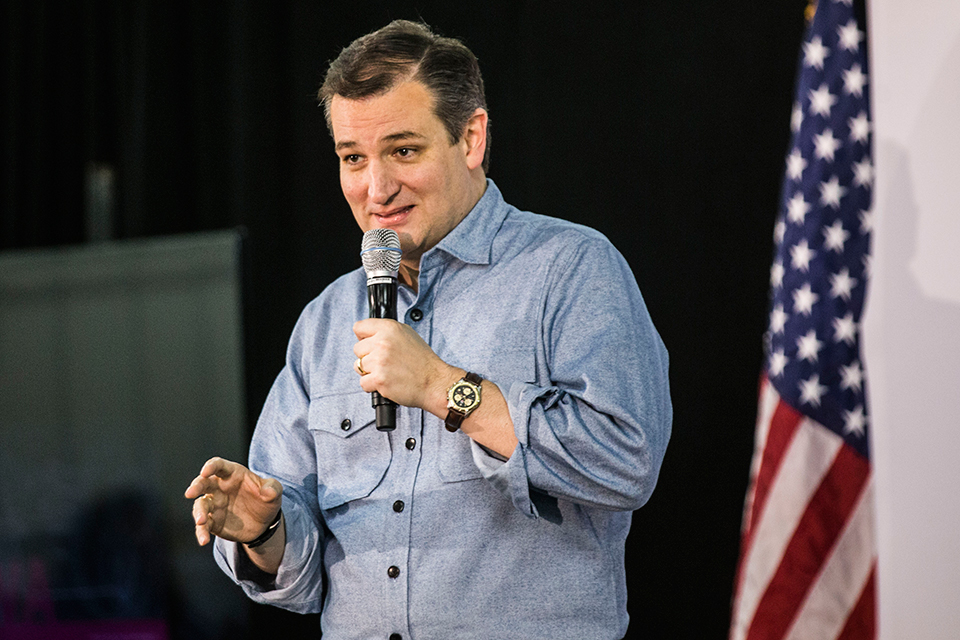
New and best
